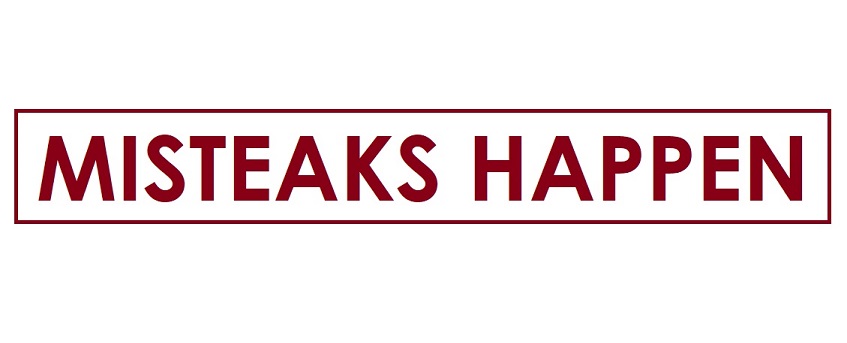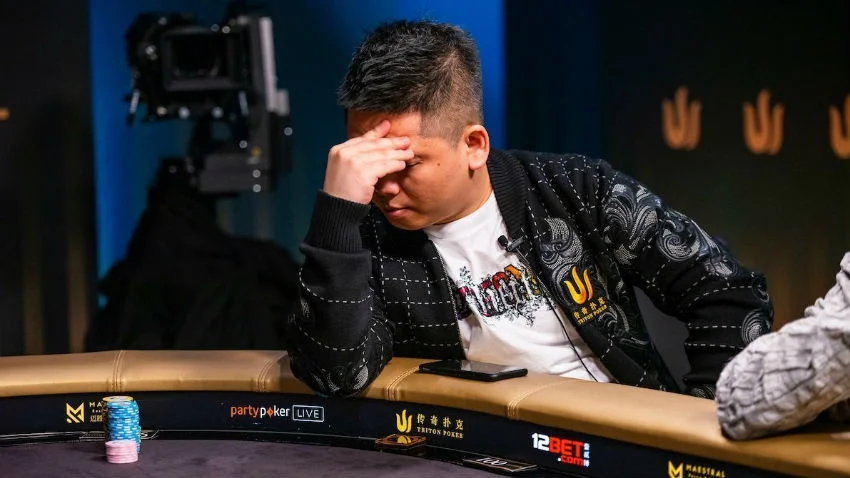I’ve played a LOT of poker in my day. And yet, I still play a hand sub-optimally from time to time. Who am I kidding? It’s worse than that – I occasionally make catastrophic errors. Poker mistakes that cost me my entire stack.
How can this be for the great Steamin’ Steve, regarded as one of the experts on the game? The answer to that comes from understanding the disconnect between knowledge and execution.
Execution Errors
In the intricate game of poker, even the most seasoned pros make mistakes. Regardless of how much you’ve studied the game, there will be instances where you find yourself making less-than-optimal plays. The key to surviving these moments lies in mastering the art of emotional control – temporarily, at least (keep reading).
The Nature of Poker Mistakes
Poker, much like any skill, is about execution. Imagine watching basketball tutorials and expecting to become a free-throw master overnight. For whatever reason, most of us accept the absurdity of that. But when it comes to poker, some people think that just watching enough poker strategy videos can turn them into champions instantly. But mistakes are an inherent part of any learning curve, and poker is no exception. Accept the reality that, despite your knowledge, you will encounter moments of error in execution.
So, what’s the difference between you and the world’s top pros? If you’ve studied the game as much as I have, the answer might be quite simple: they play more than you. A LOT more than you.
The top pros on the circuit might be playing the game 40, 50, 60 hours a week. There’s a lot of experiential knowledge that gets built up in that many hours. Knowledge that helps the pro apply just the right poker principles at the right time, in the heat of battle.
This is the whole reason behind the development of Advanced Poker Training – to help you narrow the gap between yourself and pros that play 60 hours a week. You, like me, probably have a life outside of poker. The hundreds of hands per hour you can play on APT will help you squeeze of lot of “execution” into a fraction of the time.
Emotional Control
So here’s the biggest problem: it’s easy to let frustration and regret get the best of you, leading to a cascade of errors. Staying composed after a mistake is not just about the current hand but about maintaining a clear mindset for the hands to follow.
This might be where your experience of a mistake might be different from mine. Over the years, I’ve developed the ability to let go of my mistakes. I remind myself that I simply don’t have the time to play 60 hours a week these days, and mistakes, even big ones, are going to happen.
But, when I get home…
When I said I let me mistakes go, I meant while I’m at the cardroom. There’s no reason to throw away more money lamenting your errors while you’re still playing. Later, when I get home, I think about how the mistake happened and why it happened. I punch a few walls. I write an open letter to the poker community requesting they all slap me. I toss and turn at night.
I actually allow this to happen because I’ve learned that for some reason, my body needs to go through the emotions. After a couple of days, I get over it – but I know I will NEVER make that same mistake again. Somehow this process cements the horrific mistake in my mind and makes it impossible to repeat it.
Professional Perspective on Poker Mistakes
Even the world’s best poker players are not infallible. Professionals dedicate 40 to 60 hours per week to honing their skills, and yet, they, too, make mistakes. Understanding this fact can help alleviate the pressure on yourself. Acknowledge that poker is a journey, and even the greatest players have stumbled along the way.
Self-Reflection
Take a moment to reflect on your own position in the poker world. Remind yourself that you are not a professional player. Embrace the learning process, knowing that improvement comes with time and practice. Treat poker mistakes as stepping stones rather than stumbling blocks. Each error is an opportunity to refine your skills and enhance your understanding of the game.
(And, when necessary, go home and punch a few walls…)


